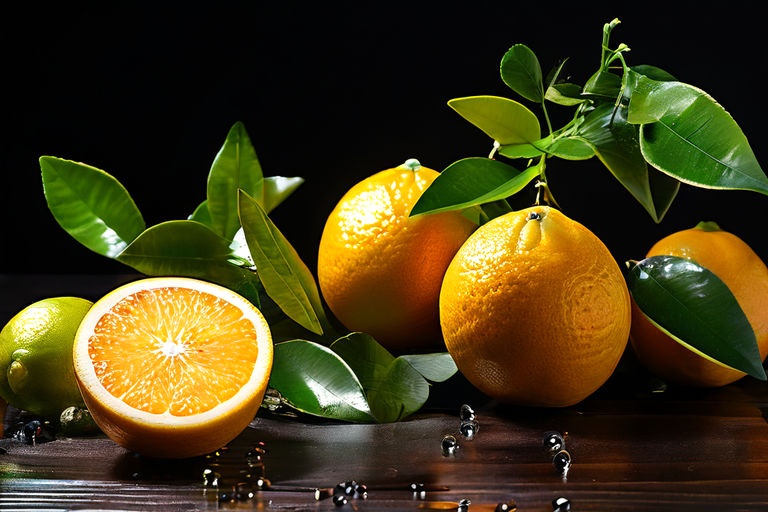How can I improve water utilization in my irrigation system?

Improving Water Utilization in Your Irrigation System
Water conservation is not only a global responsibility, but it also makes excellent business sense for farmers and other individuals who use irrigation systems. By improving water utilization in your irrigation system, you can save money, increase crop yields, and protect this vital resource. Below, we'll discuss numerous methods for enhancing the efficiency of your irrigation system.
Understanding Your Soil
Every successful irrigation strategy starts with a deep understanding of your soil. Soil type directly impacts water retention and percolation. Sandy soils, for example, have quick percolation rates and low water retention, while clay soils retain water longer but have slow percolation rates. Conducting a soil analysis will give you insight into your soil's composition and guide you in making informed irrigation decisions.
Choosing the Right Irrigation System
Not all irrigation systems are created equal. The efficiency of water utilization can vary greatly between sprinkler, surface, drip, or sub-irrigation systems. Drip and sub-irrigation systems, for example, provide water directly to the root zone, minimizing evaporation and runoff. On the other hand, sprinkler systems can be more cost-effective but may require more careful management to prevent overwatering.
Regular System Maintenance
Regular maintenance of your irrigation system can significantly enhance water utilization. This includes checking for leaks, cleaning filters, flushing the system, and ensuring that spray heads are aimed correctly. Regular inspections will ensure that your system operates at peak efficiency, and it can also extend the life of your irrigation equipment.
Utilizing Smart Irrigation Controllers
Smart irrigation controllers can automatically adjust watering schedules based on weather conditions, soil moisture levels, and evaporation rates, ensuring that plants receive the right amount of water at the right time. By integrating this technology into your irrigation system, you can significantly improve water utilization and reduce waste.
Implementing Soil Moisture Sensors
Soil moisture sensors are another technological advancement that can aid in water conservation. These devices measure the amount of water in the soil and can help prevent overwatering by providing real-time data about soil moisture levels. You can then adjust your irrigation schedule accordingly to ensure optimal water utilization.
Adopting Water-Saving Practices
There are also several water-saving practices that you can adopt to improve water utilization in your irrigation system. These include watering during cooler parts of the day to reduce evaporation, using mulch to retain soil moisture, and selecting drought-resistant crop varieties. These practices, when combined with an efficient irrigation system, can lead to significant water savings.
Training and Education
Finally, training and education are crucial for improving water utilization. By understanding the principles of efficient irrigation, you can make informed decisions about your irrigation practices and equipment. Consider attending workshops, webinars, or courses on water conservation and efficient irrigation techniques. Knowledge is power, and in this case, it can also lead to significant water savings.
In Conclusion
Improving water utilization in your irrigation system is a multifaceted process that involves understanding your soil, choosing the right irrigation system, maintaining your equipment, utilizing smart technology, adopting water-saving practices, and educating yourself about efficient irrigation techniques. By implementing these strategies, you can not only conserve water but also increase the productivity and profitability of your farming operations. Remember, every drop counts, and efficient water utilization begins with you.

